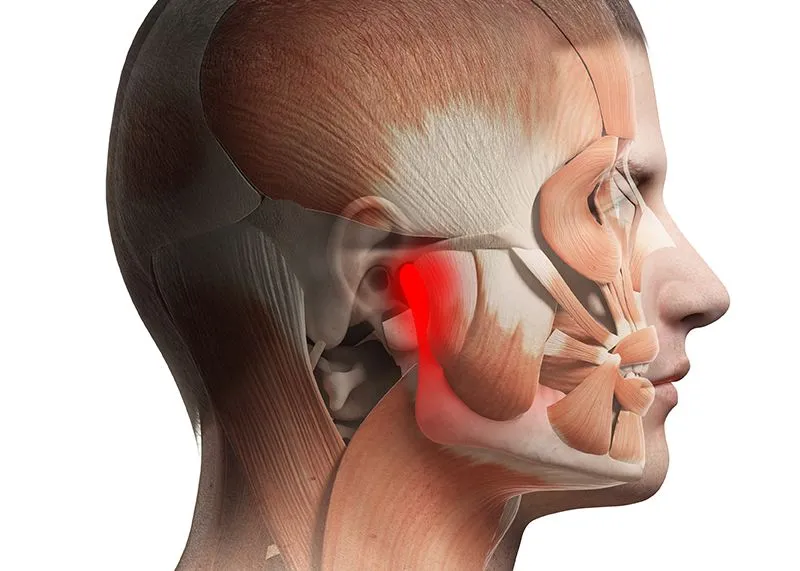The jaw plays a crucial role in our daily lives, facilitating activities like chewing, speaking, and expressing emotions. However, various conditions can affect the jaw, leading to discomfort, pain, and impaired function. Understanding these disorders is essential in recognizing symptoms and seeking appropriate dental care.
Types of Jaw Disorders:
- TMJ Disorders (Temporomandibular Joint Disorders): TMJ disorders encompass a range of conditions affecting the temporomandibular joint and surrounding muscles. Symptoms include jaw pain, clicking or popping sounds while opening or closing the mouth, difficulty chewing, and stiffness in the jaw. Stress, teeth grinding, jaw misalignment, or arthritis can contribute to TMJ disorders.
- Bruxism (Teeth Grinding): Bruxism involves the habitual clenching or grinding of teeth, often occurring during sleep. This condition can lead to jaw pain, headaches, tooth wear, and even damage to the temporomandibular joint. Stress, anxiety, or an abnormal bite can contribute to bruxism.
- Jaw Trauma: Injuries or accidents impacting the jaw can cause fractures, dislocations, or damage to the temporomandibular joint, resulting in pain, swelling, difficulty in opening or closing the mouth, and facial asymmetry.
Causes and Treatment:
Identifying the cause of a jaw disorder is vital for determining appropriate treatment. Dental professionals at White Flint Dental Associates can conduct thorough examinations and recommend personalized treatment plans. Treatment options may include:
- Pain Management: Using heat or cold packs, over-the-counter pain relievers, or muscle relaxants to alleviate discomfort.
- Oral Appliances: Custom mouthguards or splints to minimize teeth grinding and correct bite alignment.
- Physical Therapy: Exercises and techniques to improve jaw movement and reduce muscle tension.
- Stress Management: Stress reduction techniques and behavioral therapies to address underlying stress-related jaw disorders.
Prevention and Self-Care:
Maintaining good oral habits, such as avoiding chewing gum, eating soft foods, practicing relaxation techniques to manage stress, and avoiding habits like nail-biting or chewing on objects, can help prevent or alleviate jaw-related issues. Additionally, regular dental check-ups can aid in early detection and management of potential jaw disorders.
In conclusion, understanding the types, causes, and treatment options for jaw disorders is essential for maintaining optimal oral health and function. Seeking guidance from dental professionals at White Flint Dental Associates ensures accurate diagnosis and appropriate management of jaw-related concerns.
